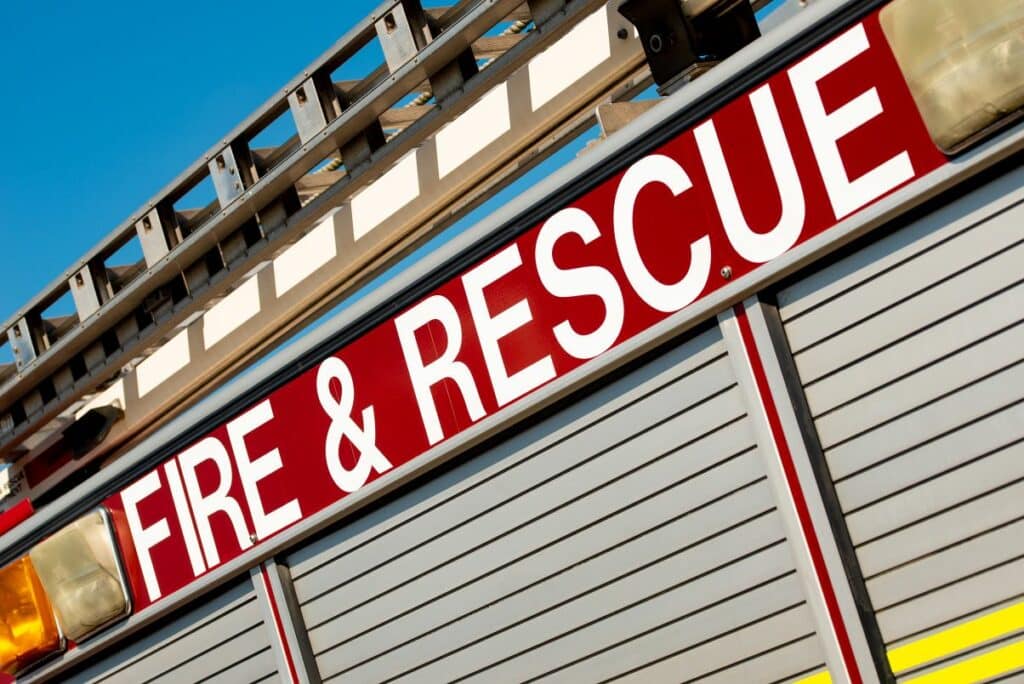
Cumbria’s firefighters attended more than 1,500 false alarm incidents last year more than 50 caused by hoax calls, new figures show.
Home Office data shows Cumbria Fire and Rescue Service responded to 4,355 call-outs in the year to September.
Of those, more than a third were a result of false alarms, including 55 deemed malicious – such as fake or hoax calls.
Unnecessary callouts can be costly and time-consuming for emergency services.
While malicious callers accounted for 5,473 calls to fire services across England last year, the largest proportion of false alarms occurred due to faulty equipment, such as broken fire alarms and smoke detectors.
In Cumbria, 936 callouts were made for this reason, accounting for a fifth of all incidents attended by the area’s firefighters last year.
A further 500 false-alarm calls were made in good faith – where the public believed that a fire may have genuinely been taking place.
The National Fire Chiefs Council said a false alarm is attended to almost every 90 seconds in the UK and can cost up to £450, taking resources away from genuine emergencies and increasing the service’s carbon footprint.
Paul McCourt, who leads on tackling unwanted fire alarms at the NFCC, said that while a considerable reduction had been seen in recent years, moer needed to be done to limit the impact false alarms had
He said owners of commercial properties, which were to blame for many false alarm callouts, had a wider social responsibility to deal with them.
“By ensuring correct and compliant alarm design and maintenance they can help reduce the number of unwanted fire signals,” Mr McCourt added.
Some local services charge if they are repeatedly called out for false alarms — even if they are the result of equipment failure — with bills for the worst offenders running into hundreds of pounds.
The number of callouts for Cumbria Fire and Rescue Service increased eight per cent this year, compared to 4,030 in the year to September 2020.
Across England, fire services also saw a decrease in the number of incidents they attended – there were 537,039 callouts in the 12 months to September 2021, a slight drop on the 539,418 made the previous year.
Andy Dark, assistant general secretary at the Fire Brigades Union, which represents firefighters, says that fire brigades need better funding to handle false callouts.
He said: “It is vital that fire and rescue services have enough resources to deal with all callouts – even where later down the line it is found that it was a false alarm.”
Mr Dark added that cuts to staff numbers and equipment since 2010, increasing response times and fewer crews being sent to fires have made dealing with actual fires more difficult.
A Home Office spokesman said the Government has ensured that fire departments have “the appropriate resources and funding to do the job.”








